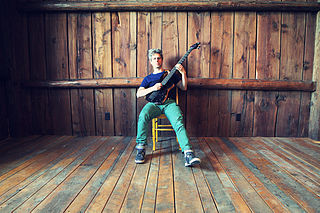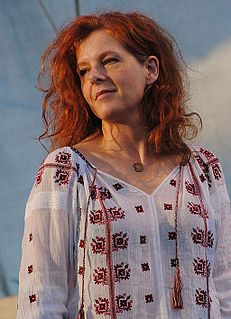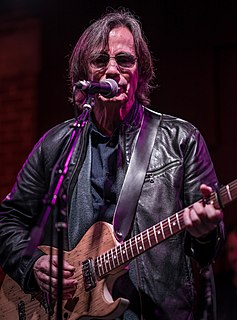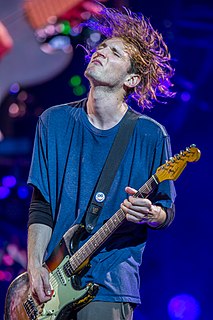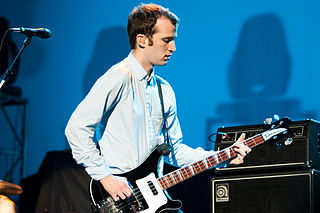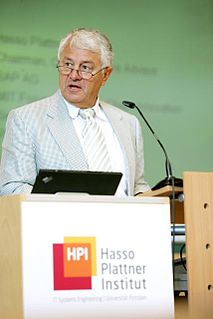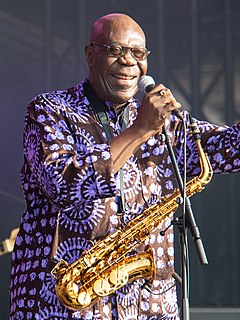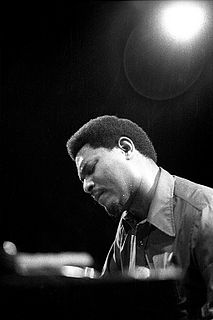A Quote by Mike Gordon
We have access to more resources in general, and they are not going to force a situation on us, whether its the producer, or the cover, or what songs we have to play. And it's a small enough company that it seems like the people there care about music and not just about business.
Related Quotes
We have to create conditions where people feel safe to feel and to care. That goes against a lot of our programming about how to make something change in the world. Sometimes you can pressure people into changing, you can force them, but the powers-that-be have more force than we do. I don't think we're going to win in a contest of force. I think we need to induce a change of heart. The narrative of "us versus them" is ultimately part of the problem. Traditional activism, which is about overcoming the latest bad guy, isn't deep enough. It just brings us another version of the same.
I think for us, we don't feel like the future of music is in the act of being a record company. We feel like the future of the music business is in empowering artists to have better and better tools to communicate with their fans. We want to be people who are saying to artists, "Look, you don't need that company over there to release your album. You can do it this way." Almost more of a band partnership than a label-artist relationship. Not about ownership of content, but about empowerment.
I could go play some songs for two hours every week - play whatever I wanted to - and then also spend that time putting more music on my computer and getting into more things. It definitely informs the way that I think about music and I think in general, made me a more open-minded consumer of music.
When I think about the things that cause me pain or the things that cause me trouble or frustration, it's not people asking for my autograph; it's people breaking my heart. That happens to you whether you've sold millions of records or whether you're taking classes at college. You're going to believe people when they say that they love you. I don't leave out details when I write songs about that. I try to make my songs as personal as possible because, ultimately, my music started out as just trying to turn my diary entries into something that was a piece of music. And that has never changed.
What originally established the band was cover songs like Not Fade Away. Then, later on, we got more well-known ones like Satisfaction, which you might say echoed the thinking of, well, any generation you care to name, including the present one. But we didn't set out on bits of paper that we were going to be the voice of a generation. The original aim of the Rolling Stones was to play blues. It wasn't even to play rock music.
You know that one don't play music just for the hours to pass. But you play music because you are in love with music and luckily if it happens that people like what I'm proposing, then I'm happy. Although music is business, yet you don't start thinking about money from the initial stages when you are in music. First propose to the people what they want and if they like it, then the money comes later.
To me living and music are all the same thing. And I keep finding out more about music as I learn more about myself, my environment, about all kinds of different things in life. I play what I live. Therefore, just as I can't predict what kinds of experiences I'm going to have, I can't predict the directions in which my music will go. I just want to write and play my instrument as I feel.
